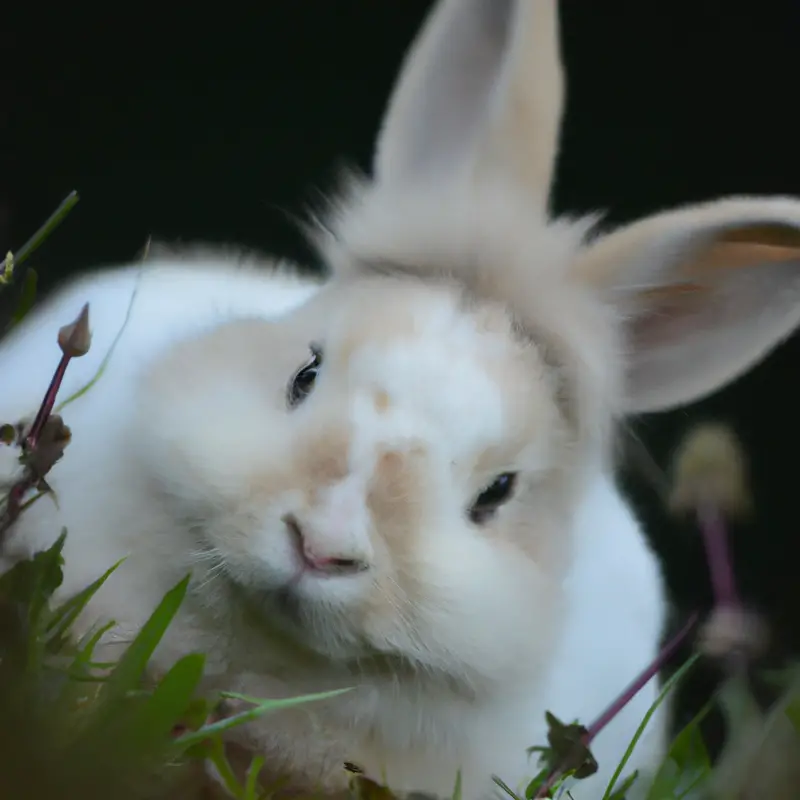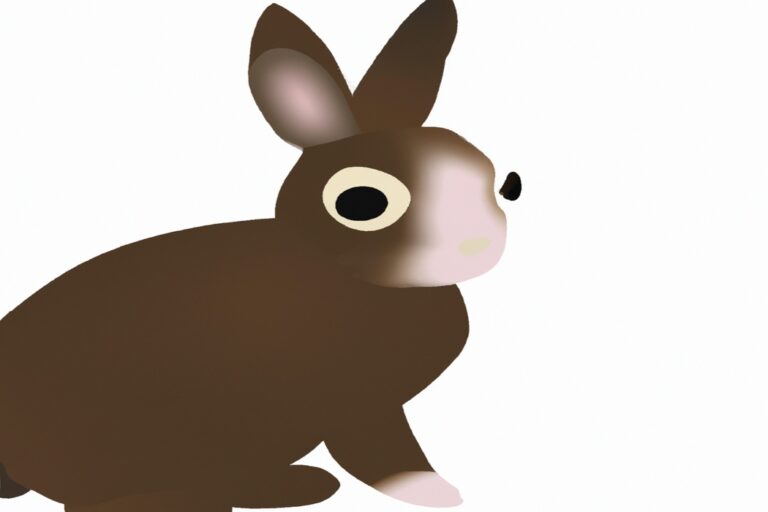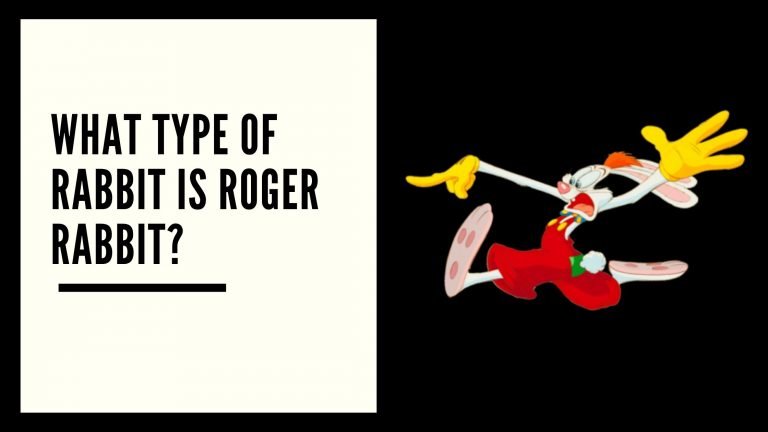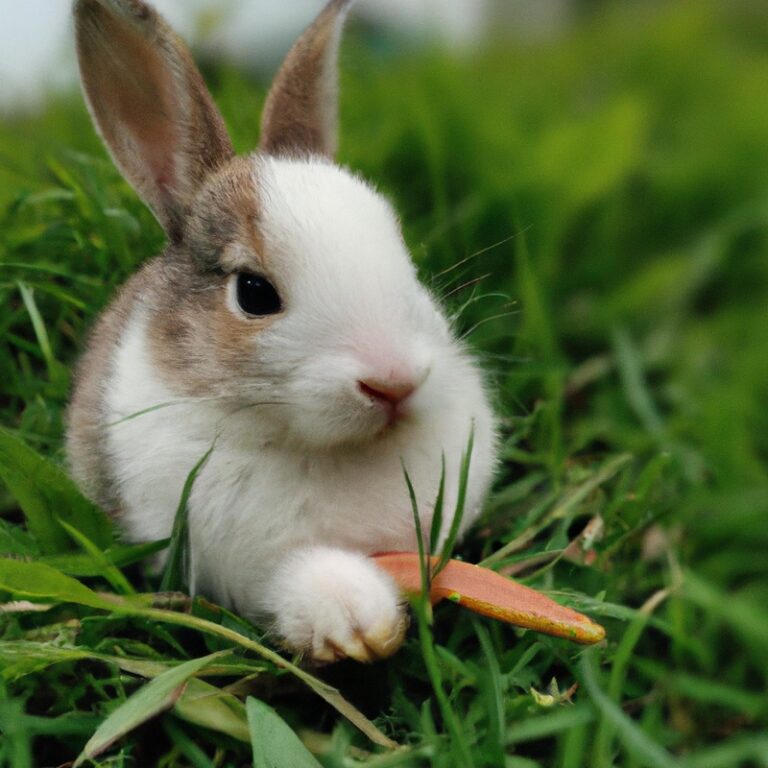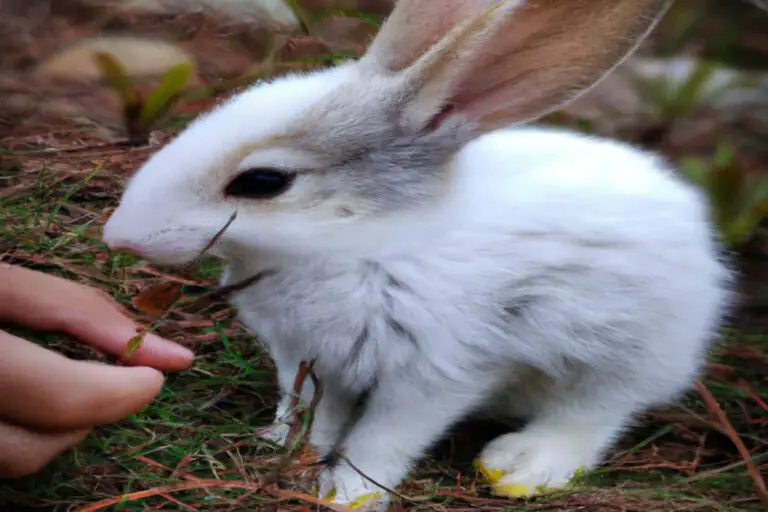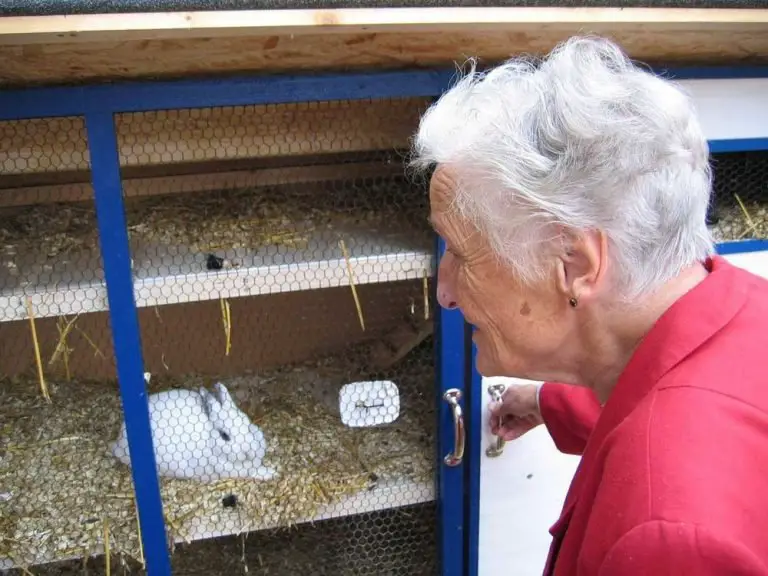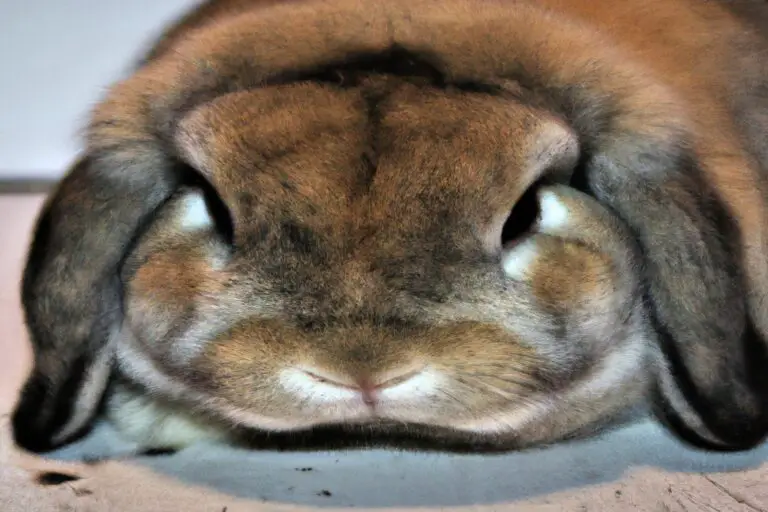Do Rabbits Mate For Life… Forever?
Key Takeaways:
- Rabbits do not mate for life; they exhibit multiple mating partners throughout their reproductive years.
- Male rabbits tend to be promiscuous and will mate with multiple females.
- Female rabbits are also capable of mating with multiple males.
- The reproductive behavior of rabbits is driven by biological instincts rather than long-term monogamy.
Hey there, curious reader! Have you ever wondered about the adorable and fluffy creatures known as rabbits?
I bet you have! Well, today, we’re going to dive into the fascinating world of rabbit mating habits.
Do rabbits mate for life, forming strong and lasting bonds like some other species?
Or do they have a more promiscuous nature?
Join me as we explore the intriguing realm of rabbit relationships, uncovering the mysteries of their pair bonding and examining the factors that influence their mating behavior.
Trust me, you won’t want to hop away from this captivating topic!
| Question | Answer |
| Rabbits mate for life | No |
| Rabbits are monogamous | No |
| Rabbits have multiple partners | Yes |
| Male rabbits help raise the young | Mostly No |
Mating Habits of Rabbits
Rabbits have unique mating habits that involve a short mating season and promiscuous behavior.
Mating Season for Rabbits
During the mating season, rabbits become more active and show specific behaviors to attract a mate.
This season typically occurs during the spring months when the weather starts to warm up.
Male rabbits, also known as bucks, will become more territorial and may engage in aggressive behaviors to establish dominance.
Females, or does, will display receptive behaviors such as tail lifting and spraying urine to signal their availability.
It’s important to note that rabbits are known for their prolific breeding abilities, so it’s essential to ensure their breeding is controlled to prevent overpopulation.
Promiscuity in Rabbit Mating
Rabbits are known for their promiscuous mating habits.
They do not mate for life and are not monogamous creatures.
Instead, rabbits engage in promiscuous mating, where both males and females mate with multiple partners.
This behavior increases the chances of successful reproduction and genetic diversity within the population.
Rabbits breed rapidly and have a short gestation period, allowing them to take advantage of their promiscuity for reproductive success.
So, if you ever see rabbits mating, remember that it’s just a part of their natural and promiscuous mating behavior.
Do Rabbits Mate for Life?
Rabbits do not mate for life, as they do not form long-term pair bonds with their mates.
Monogamy in the Animal Kingdom
Monogamy in the Animal Kingdom is observed in various species, although it is not as common as other mating strategies. Some animals, such as certain birds, wolves, and primates, form long-term pair bonds and mate with only one partner for extended periods.
This behavior facilitates cooperative parenting and the sharing of resources.
However, it is important to note that monogamy in animals can vary in terms of strictness and duration. For some species, pair bonds may be temporary or occur only during the breeding season.
Nonetheless, monogamy in the animal kingdom does exist and serves different purposes depending on the species.
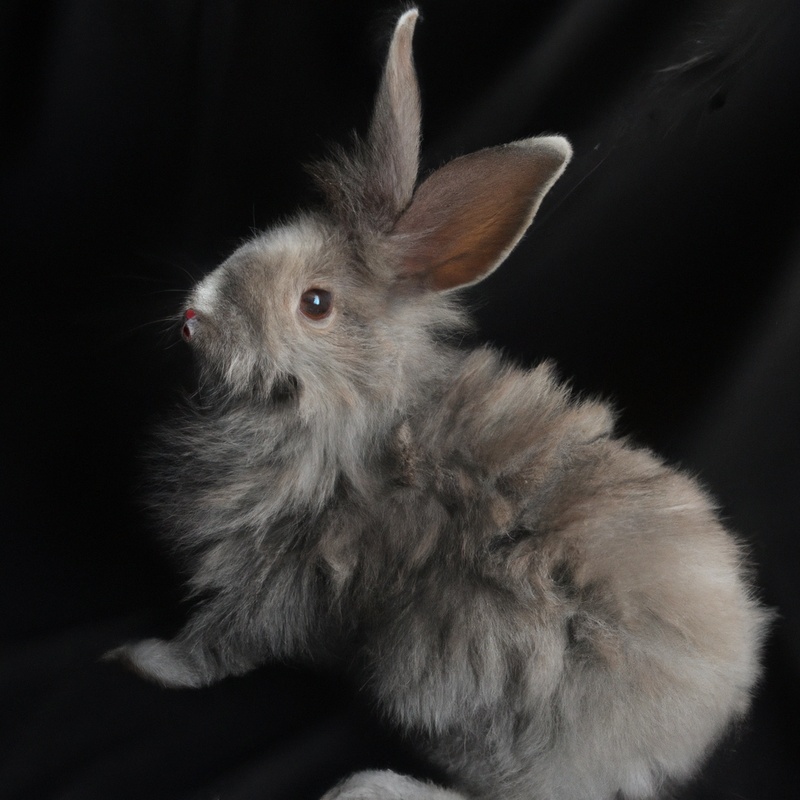
Examining Rabbit Pair Bonding
Rabbit pair bonding refers to the establishment of a strong social bond between two rabbits. It is typically seen in monogamous rabbit species.
Mate selection is an important factor in rabbit pair bonding, and once a pair bond is formed, rabbits can display behaviors such as grooming each other, sleeping together, and sharing territory.
However, not all rabbits mate for life, and the duration of pair bonding can vary among individuals. It is important to provide a suitable environment and companionship for rabbits to foster and maintain their pair bond.
Factors That Influence Rabbit Mating Behavior
The age and maturity of rabbits as well as the social environment and availability of mates are key factors that influence rabbit mating behavior.
Age and Maturity of Rabbits
Age and maturity play a significant role in rabbit mating behavior.
Generally, rabbits reach sexual maturity between 3 to 8 months of age, depending on the breed.
This is when they become capable of reproducing.
However, it’s best to wait until they are at least 6 to 8 months old before allowing them to mate, as this ensures their overall health and well-being.
Breeding rabbits too early can have negative consequences on their development and can lead to complications.
It’s important to consider their age and ensure they are fully mature before breeding them.
Social Environment and Availability of Mates
When it comes to the mating behavior of rabbits, two factors that play a significant role are the social environment and the availability of mates.
- Social Environment: Rabbits are social animals, and their interactions with other rabbits can influence their mating behavior. If they are in a social group with multiple males and females, the presence of competition may affect their mating choices. On the other hand, if they are isolated or in a monogamous pair, they may be more inclined to mate for life.
- Availability of Mates: The presence of available mates also affects rabbit mating behavior. If there are numerous potential partners in their environment, rabbits may engage in multiple mating or promiscuous behavior. However, if suitable mates are scarce, rabbits may form long-term bonds with a single partner.
Reproduction and Offspring
Rabbits reproduce through mating and give birth to multiple offspring, known as kits.
Let’s dive deeper into the gestation and birthing process in rabbits, as well as how they raise their young.
Gestation and Birthing Process in Rabbits
During the gestation period, which lasts for about 31 to 33 days, female rabbits prepare for the birthing process. Rabbits give birth to their offspring in a process called kindling.
They create a nest in a warm, secluded area to protect their babies.
Unlike many mammals, rabbits do not need assistance during the birthing process. They deliver the babies on their own.
Mama rabbit will usually nurse her kits once or twice a day, usually at dawn or dusk, and then immediately leave the nest to avoid attracting predators.
Remember to give mama rabbit some space and ensure the nest is kept clean to promote a healthy birthing process.
Raising Rabbit Kits
Raising rabbit kits involves providing them with proper care and nutrition for their healthy growth. Ensure that the kits have a warm and clean environment, with adequate space to move around.
Offer them a balanced diet consisting of hay, pellets, vegetables, and fresh water.
Regularly check their health and consult a veterinarian if needed. Raise them in a calm and quiet area to minimize stress.
Handle them gently and gradually introduce them to solid food.
Monitoring their progress and giving them attention will help them develop into happy and healthy rabbits.
Frequently Asked Questions (FAQs)
How long do rabbit pairs stay together?
Rabbit pairs typically stay together for their entire lives.
Once they find a mate, they form a strong bond and remain committed to each other.
This commitment can last for several years, and sometimes even a decade or more.
During this time, they engage in behaviors like grooming, playing, and cuddling together.
It’s heartwarming to see these pairs stick together, showing us the beauty of long-lasting relationships in the animal kingdom.
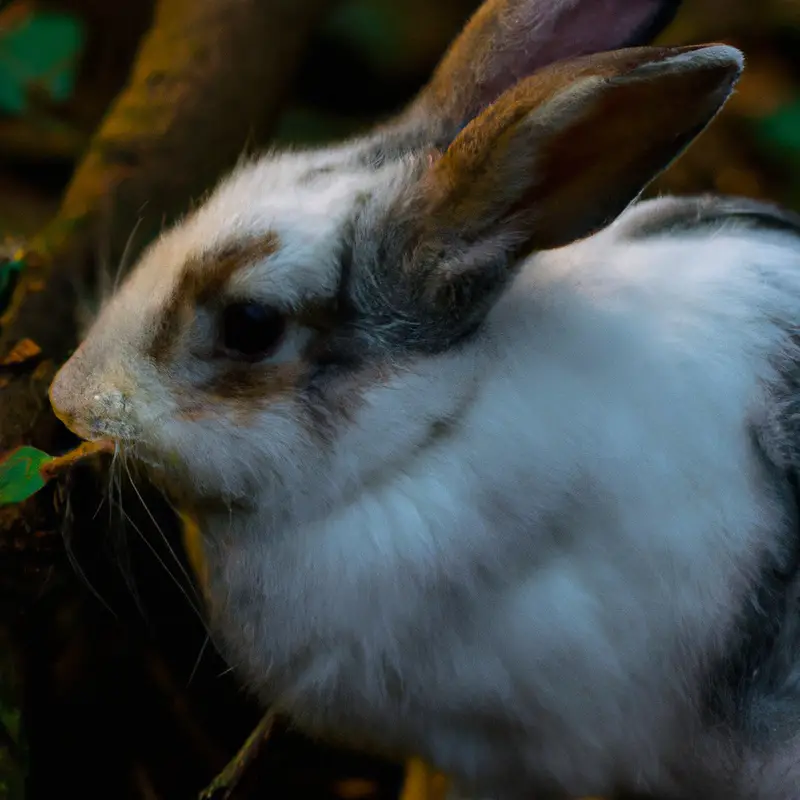
Can rabbits have multiple partners?
Rabbits can indeed have multiple partners. Unlike some species that mate for life, rabbits are not monogamous creatures.
In fact, they are known for their fairly promiscuous mating behavior.
When rabbits are in heat, both males and females will seek out multiple partners and engage in breeding activities with different individuals. This behavior ensures genetic diversity and increases the chances of successful reproduction.
So, if you’re wondering whether rabbits are capable of having multiple partners, the answer is a resounding yes!
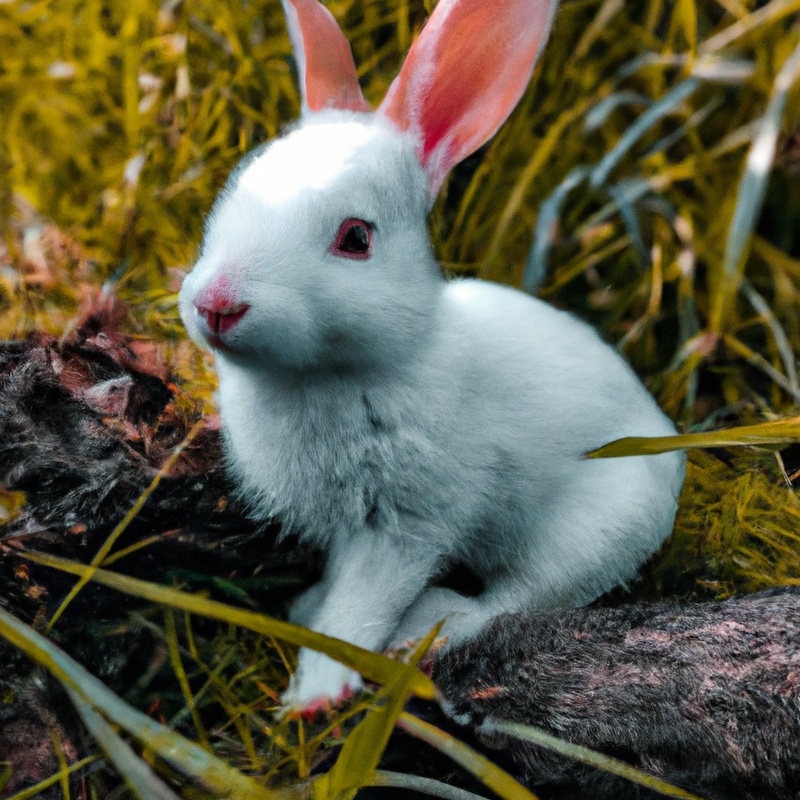
What happens if a rabbit loses its mate?
If a rabbit loses its mate, it can experience various emotional and behavioral changes.
Here are some things that may happen:
- Loneliness and grief: Just like humans, rabbits can experience sadness and loneliness after losing a mate. They may become more withdrawn and less active.
- Changes in eating and grooming habits: Some rabbits may lose their appetite or neglect their grooming routine when they are grieving. It’s important to monitor their eating and hygiene to ensure they stay healthy.
- Increased aggression or anxiety: In some cases, rabbits may exhibit aggression towards humans or other rabbits, or display anxious behaviors such as excessive chewing or digging. Providing a calm and stimulating environment can help alleviate these issues.
- Bonding difficulties: If you decide to introduce a new mate to your rabbit, it may take time for them to form a new bond. Patience, supervision, and proper introductions are key in facilitating a successful new relationship.
Remember, every rabbit is unique, and they may react differently to the loss of a mate.
Providing them with love, attention, and a safe environment can help them navigate through this difficult time.
Final Verdict
Rabbits do not mate for life. They are known for their promiscuous mating habits, with multiple partners during the mating season.
While pair bonding can occur between rabbits, it is not permanent.
Factors such as age, maturity, and social environment play a role in their mating behavior. When it comes to reproduction, rabbits have a relatively short gestation period and quickly raise their kits.
Understanding these aspects of rabbit mating can help rabbit owners better care for their furry friends.

